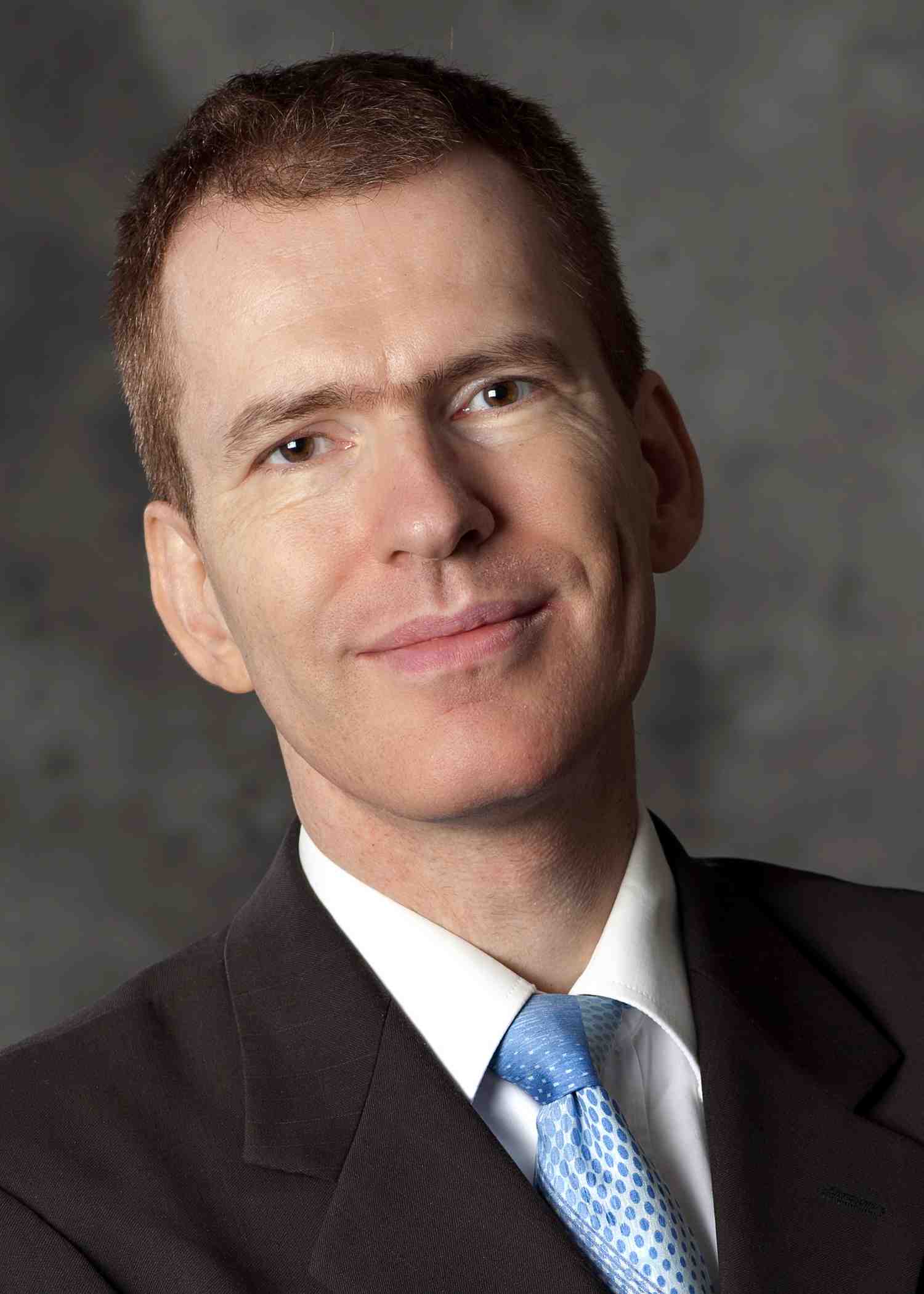| Keynote 5 |
|
Communications in High-Mobility Environments Andreas F. Molisch Professor and Solomon-Golomb - Andrew-and-Erna Viterbi Chair, IEEE Fellow University of Southern California, USA Abstract Communication in high-mobility environments will be one of the main applications for fifth-generation cellular systems. High-speed trains (HST) and V2X (vehicle-to-vehicle as well as vehicle-to-infrastructure) communications will find applicants both for passenger convenience (video streaming etc.) and safety-critical control signalling for trains and cars. This talk will first review the unique characteristics of high-mobility environments and propagation channels. These will motivate to re-consider modulation and multiple access methods. We will discuss the tradeoffs between spreading (whitening) and localized transmission in the time-frequency plain, and discuss OTFS, a new modulation format especially suited for high-mobility scenarios. Biography Andreas F. Molisch received the Dipl. Ing., Ph.D., and habilitation degrees from the Technical University of Vienna, Vienna, Austria, in 1990, 1994, and 1999, respectively. He subsequently was with AT&T (Bell) Laboratories Research (USA); Lund University, Lund, Sweden, and Mitsubishi Electric Research Labs (USA). He is now a Professor and Solomon-Golomb – Andrew-and-Erna-Viterbi Chair at the University of Southern California, Los Angeles. His current research interests are the measurement and modeling of mobile radio channels, multi-antenna systems, ultra-wideband communications and localization, novel modulation and multiple access systems, and wireless video distribution. He has authored, coauthored, or edited four books (among them the textbook Wireless Communications, Wiley-IEEE Press), 19 book chapters, more than 200 journal papers, some 300 conference papers, as well as more than 80 patents and 70 standards contributions. Dr. Molisch has been an Editor of a number of journals and special issues, General Chair, Technical Program Committee Chair, or Symposium Chair of multiple international conferences, as well as Chairman of various international standardization groups. He is a Fellow of the National Academy of Inventors, Fellow of the AAAS, Fellow of the IEEE, Fellow of the IET, an IEEE Distinguished Lecturer, and a member of the Austrian Academy of Sciences. He has received numerous awards, among them the Donald Fink Prize of the IEEE, and the Eric Sumner Award of the IEEE. |

